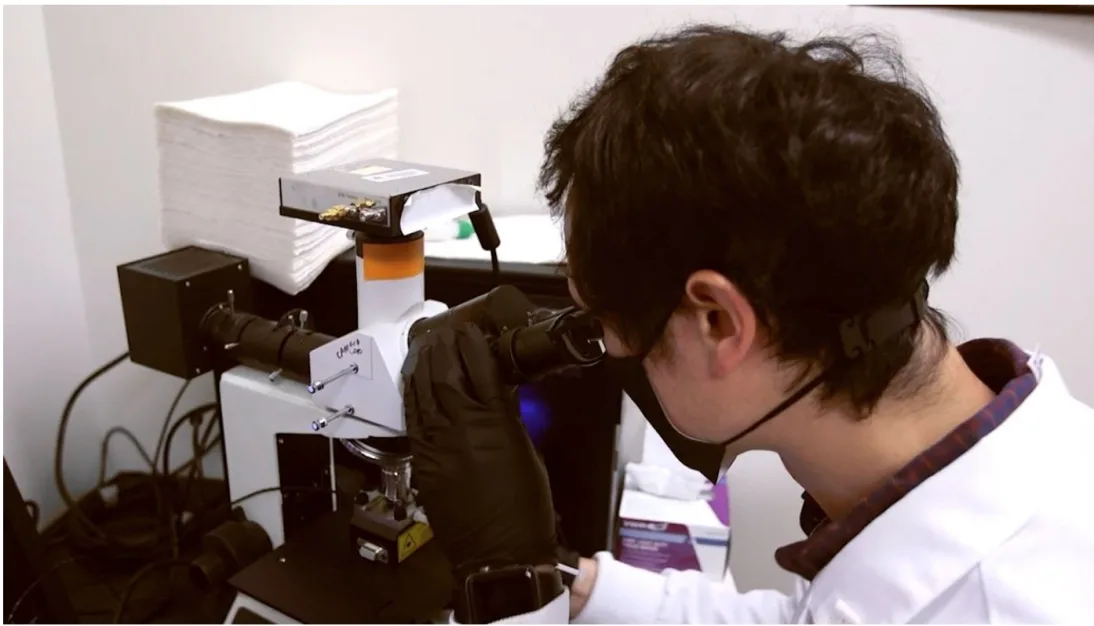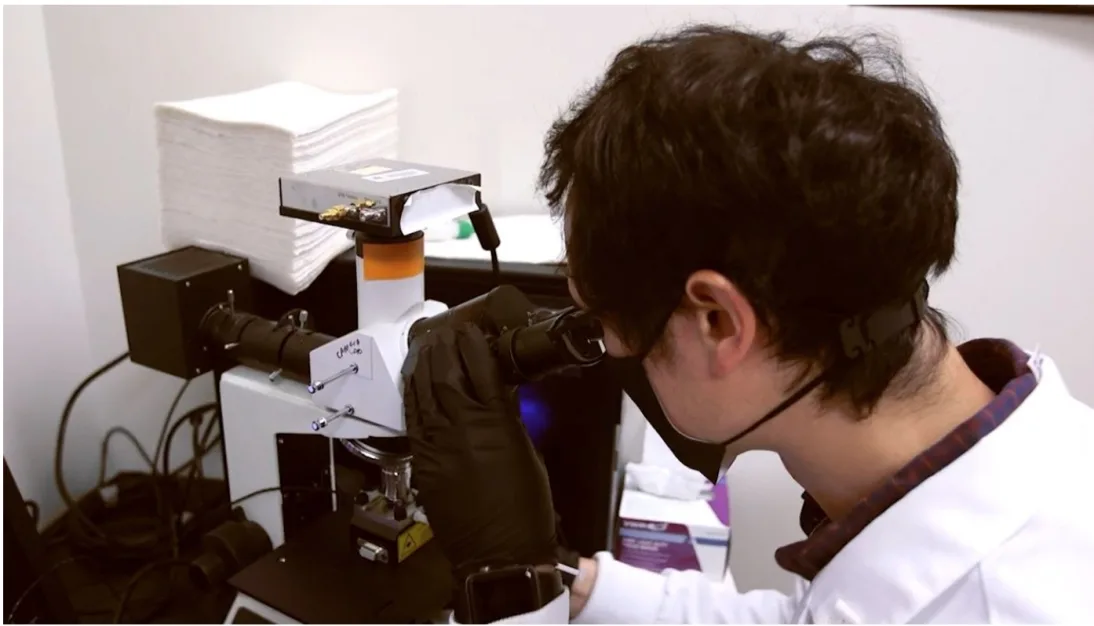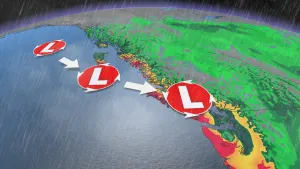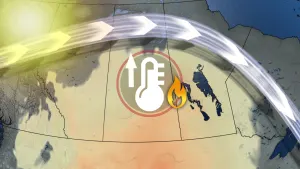
A COVID vaccine is just the start, complicated decisions ahead
As cases of COVID-19 spike-up again across Canada, more questions are arising about a potential vaccine
To date, Canada has signed deals with multiple pharmaceutical companies in hopes that their concoction and delivery method of a potential COVID-19 vaccine will be successful. This means $1 billion is on the line as Canada secures vaccinations.
“I think it’s important for Canadians to realize that it’s actually a good thing that there are all these different technologies in development right now,” says Dr. Volker Gerdts, a researcher at the University of Saskatchewan and CEO of Vido-Intervac. “You don't want to just come up with one vaccine technique to find out, maybe it is too expensive to make it, too difficult to make it, too difficult to store it and transport it. Or maybe that it doesn't even work.”
There are many researchers in Canada working on the front lines of vaccine research. One of the leaders in the race is a team from the University of Alberta, led by Dr. John Lewis. In an interview with The Weather Network, he said their potential vaccine will be a single dose, like the flu shot, and they are entering clinical trials within the next few weeks.

Courtesy: University of Alberta
“Now there are typically three phases to the clinical development of a new drug. Phase one purely looks at safety. So in our phase one study, we will be looking at 72 healthy volunteers, split evenly between 36 healthy young adults and then 36 edlerly candidates that will be between 65 and 85.” Dr. Lewis explains.
If this vaccine is successful, the team hopes to have it in circulation as early as Spring 2021.
Finding a successful vaccine is really part one of this massive challenge. The next steps will continue to test government decision-making and health care in Canada.
WHO GETS THE VACCINE FIRST?
The question on many people's minds is who’ll get the vaccine first if one does become available.
“I think with COVID, depending on how many vaccine doses are available, we might find that some of it goes first to the targetted populations that are really in need. Frontline health care workers or maybe even the elderly,” says Dr. Gerdts.
Many other decision makers have commented that deaths and disruption to society could play a role in who gets access first.
Go HERE for our complete coverage of the COVID-19 pandemic
DOES A SUCCESSFUL VACCINE END THE PANDEMIC?
Of course a vaccine will help immunity against COVID-19 on a large level. However, many experts agree a vaccine is not the be-all and end-all.
“I think, by far, having an effective vaccine is going to be our most important tool,” says Dr. Lewis. “However, it’s important to remember that we do have vulnerable populations that a vaccine may not protect against this virus. But, if we do have enough immune individuals in our populations, let’s say reaching 60-70% , we can then help protect those most vulnerable. I think this is what our goal will be with the vaccine.”
Dr. Gerdts also adds, “right now, the concern is that people are hesitant to get the vaccine. So based on the most recent numbers in the U.S., that could be as much as half of the population, waiting to see how these vaccines work. If that is the case, and we only get 50% of the population to use the vaccine, then we will unfortunately not get to a level of herd immunity. That means we won't have enough people immunized to really push the virus out of the population.”
WATCH BELOW: IMMUNE-BOOSTING FOODS TO ADD TO YOUR GROCERY LIST
WHO IS LEADING THE GLOBAL VACCINE RACE?
Some of the front runners include AstraZeneca, Johnson & Johnson, and Moderna. Canada has deals with all three of these companies. So that means if approved and successful, Canadians would have access to this vaccination.
While Canadian research teams are behind some of the large multinational projects, research continues in many Canadian Universities. Multiple teams are lined-up to bring their vaccine into the 3 stage clinical trials this fall.
As 2020 comes to a close, many look to 2021 with positivity hoping the following year will bring a vaccination. Until then, our government will continue to negotiate and sign other agreements with leaders in vaccine development to ensure Canadians have enough vaccines when they come available. Stay tuned for updates, and in the meantime, continue to take proper precautions to keep you and your family safe.










